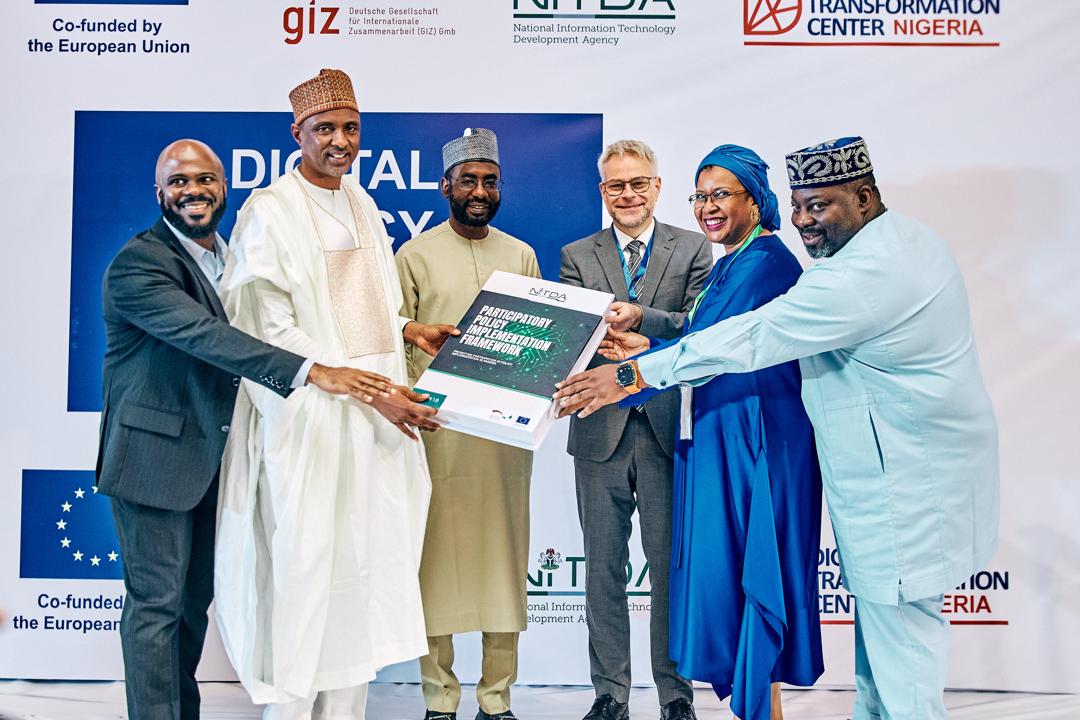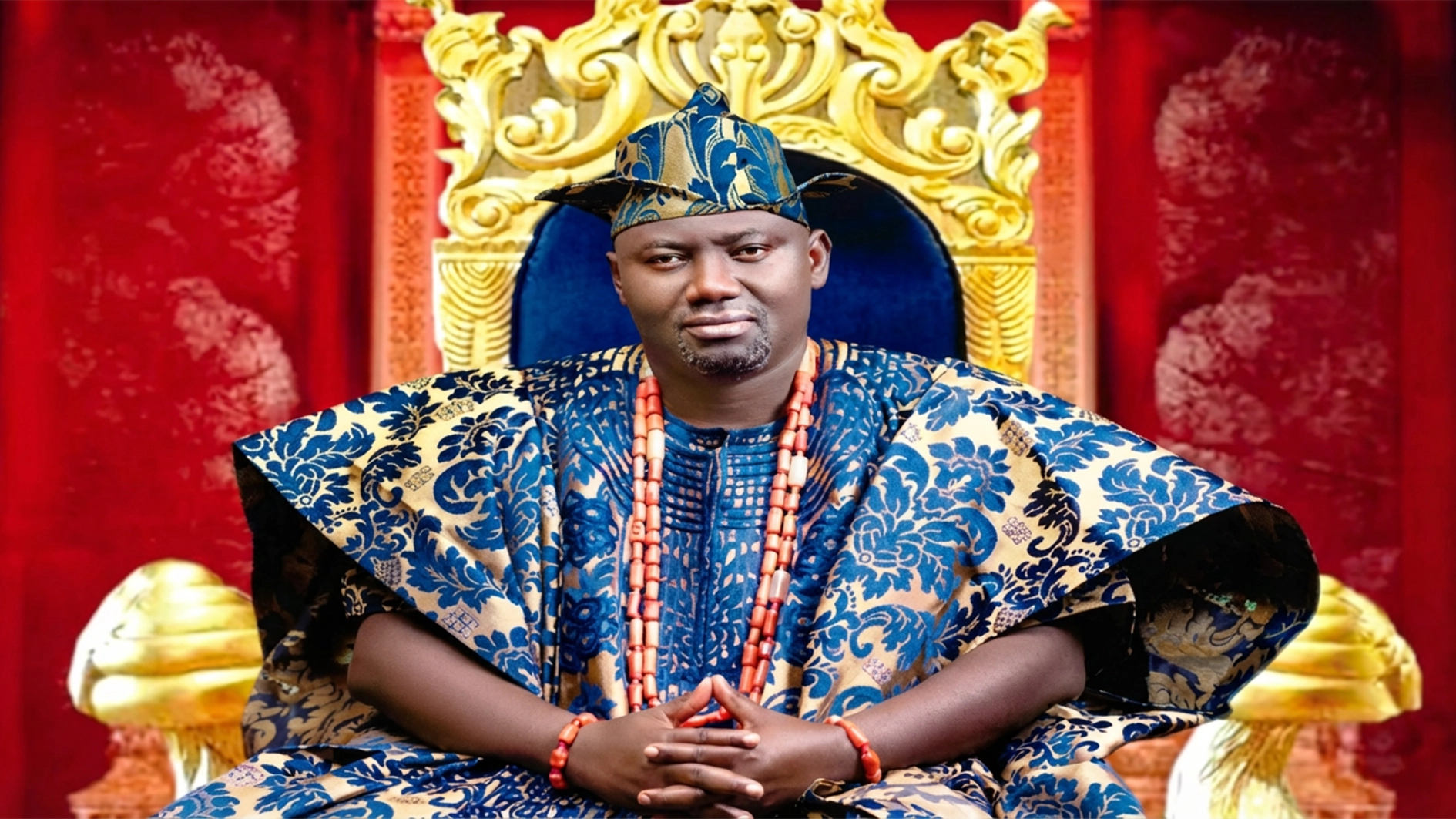
The newly developed Participatory Policy Implementation Framework (PPIF) will enhance accountability and sustain policies across sectors, especially in the digital and innovation space, stakeholders have said.
The framework was officially handed over to the Ministry of Communications, Innovation and Digital Economy by the GIZ / Digital Transformation Center (DTC) Nigeria, recently; marking a significant milestone.
While the framework also aims to strengthen the effectiveness and empowerment of policies, it was developed through a series of design sprints and focus group sessions at both national and sub-national levels, involving key stakeholders from diverse sectors.
This participatory approach is said to ensure robust and inclusive digital policy implementation.
The Permanent Secretary of the Ministry of Communications, Innovation and Digital Economy, Faruk Yusuf Yabo, said: “We look forward to enhanced collaboration between regulators, the public sector, and the private sector…”
The Director General and CEO of the National Information Technology Development Agency (NITDA), Mr. Kashifu Inuwa Abdullahi, emphasised the framework’s role in fostering economic growth and employment.
He noted: “It is to help sub-nationals apply the country’s digital policies to create more employment opportunities and grow the economy.”
“We are implementing that framework with the ecosystem with an ambitious target of achieving 95 per cent digital literacy by 2030.”
On his part, the Coordinator of Sustainable Economic Development Cluster (SEDEC), GIZ Nigeria, Markus Wauschkuhn, highlighted the sustainability of the framework.
He stated that when stakeholders are actively involved in the implementation of policies, they become sustainable and relevant across diverse contexts.
Speaking on the importance of the framework, the Head of Project at GIZ/DTC Nigeria, Dr. Thuweba Diwani, said: “The PPIF will not just be handed over; a socialisation session will be conducted at the sub-national level with policy actors from the public, private and civil society sectors to guide effective utilisation of this framework in implementing key digital policies in their states.”
The Digital Transformation Center Nigeria (DTC Nigeria) is co-funded by the European Union and the German Federal Ministry for Economic Cooperation and Development (BMZ) and is implemented by Deutsche Gesellschaft für Internationale Zusammenarbeit GmbH (GIZ). This initiative represents a major step forward in Nigeria’s journey towards a digitally inclusive future.






